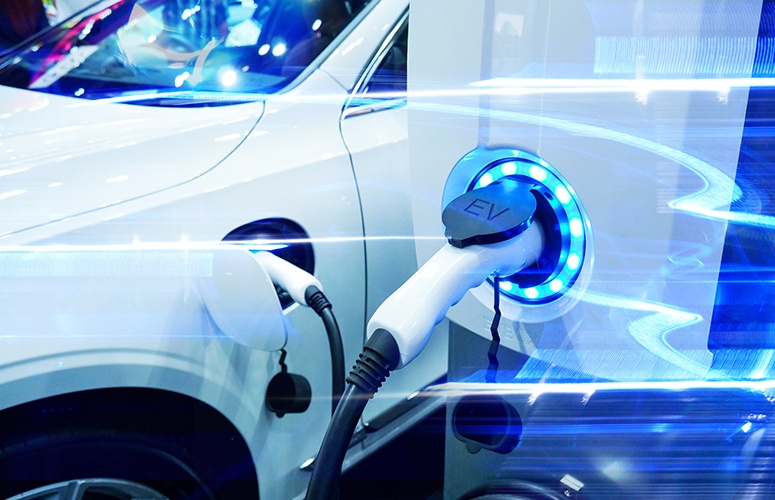
Taking the Wrong Road with Electric Vehicles
At Issue
By Tony Bawidamann, NJBIA Vice President of Government Affairs On Feb 1, 2019
Tony Bawidamann, NJBIA Vice President of Government Affairs
Innovation in the electric vehicles (EVs) market has grown from a novel idea to a functioning form of transportation. Businesses in states like New Jersey are in a position to take advantage of innovations like this, so the emergence of the electric car offers exciting possibilities for entrepreneurs and the economy as a whole.
Policymakers in the Statehouse naturally want to position New Jersey to be a hub for electric vehicles, much as it helped bring solar power into the mainstream. Unfortunately, proposed legislation would have the state leading and creating a marketplace for this product rather than letting the program be dictated by supply and demand.
Their vision is detailed in S-2252/A-4634, which would establish a statewide electric vehicle charging system – clearly a great way to make New Jersey EV-friendly. Unfortunately, the move would be so heavily subsidized that investors would be taking on almost no risk themselves, with everything falling on the backs of the electric utilities’ customers, which largely consists of businesses and homeowners.
The legislation would allow electric utilities to propose construction and long-term operation of what the bill calls the “Essential Public Charging Network.” This includes electrical infrastructure, financing plans, financial incentives, new rate designs and tariffs, partnership programs with local government units, marketing and other consumer awareness building initiatives.
The utility could also propose tariffs or other methods to ensure electricity costs that allow them to charge competitive rates, and charge their regular utility customers extra to recover the costs of such programs.
These proposals would require the approval of the Board of Public Utilities, which could protect ratepayers. But the legislation explicitly requires the board to “provide for and approve recovery through utility rates for all reasonable costs, which may be treated as regulatory assets.”
In other words, if the investment isn’t a success, they can make up the difference by charging residential, commercial and industrial customers. The estimated cost could be anywhere between $300 million to $700 million. This route assures private investors that costs will be recouped no matter what the outcome of the plan is. In business, profits are created from a successful marketplace and when the marketplace is not profitable there are no profits created.
All of this adds up to making New Jersey’s already expensive energy rates even more costly. As it is, the Division of Rate Counsel, the consumer’s designated government advocate, is currently evaluating utility filings seeking about $10 billion worth of rate increases in a state that already has the 11th highest energy costs in the nation.
But more importantly for the long term, this approach will likely keep the state from developing the most effective EV charging system. The electric vehicle market should be driven by the interaction between consumers and business that will ultimately create demand. Government policies like these have great intent to grow the marketplace, but that growth should be driven by consumer choice in the product and consumer choice of electric vehicles was at less than 2 percent of all cars purchased in 2017.
This bill represents an attempt to create virtually the entire market itself. If enacted, however, it’s more likely to create a tremendous number of vehicle charging stations that consumers do not need and will not use, at least for years to come. Which is why this program should be risk bearing for the companies who will profit from it instead of placing all of the risk on New Jersey ratepayers.
To access more business news, visit NJB News Now.
Related Articles:





